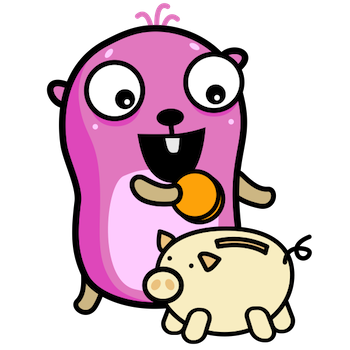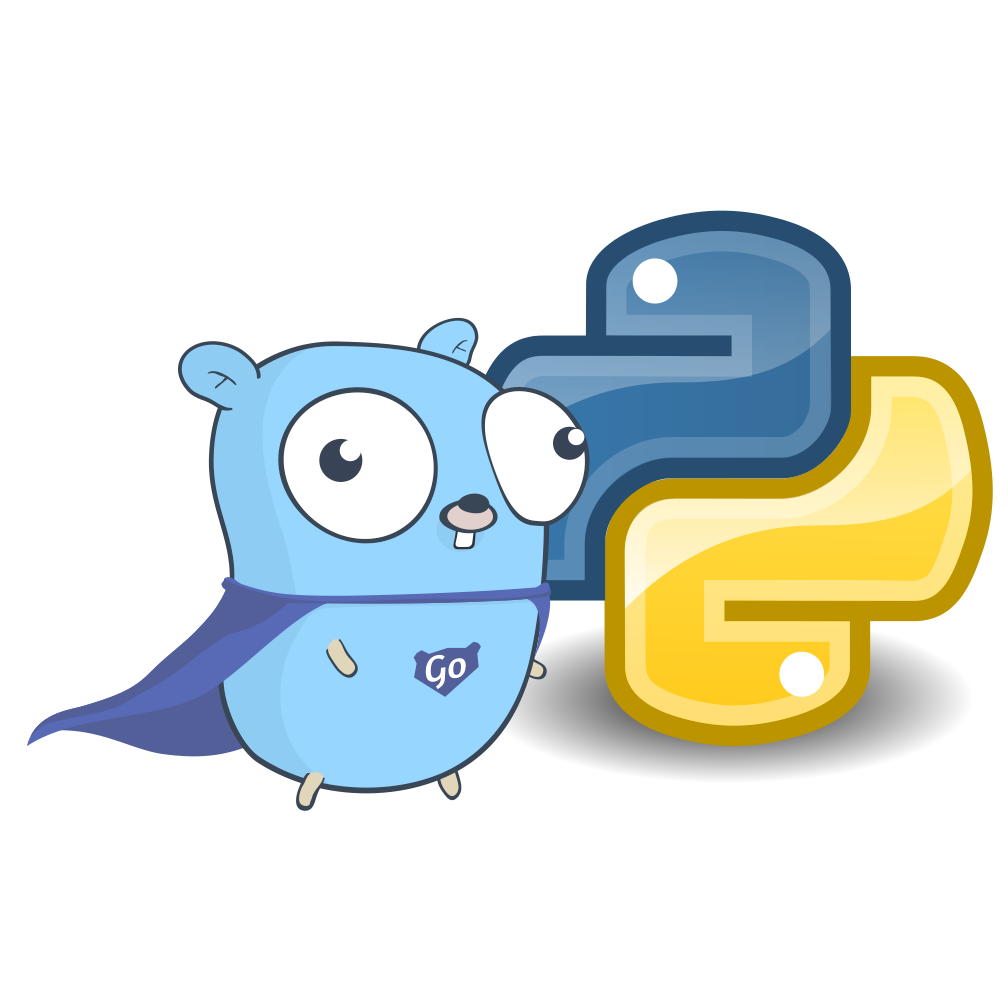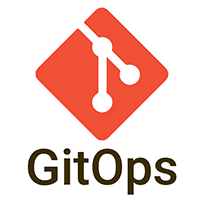“Clean code” is so over: all the cool kids are switching to CRISP code. I’ll show you how to achieve it in five catchy, T-shirt-friendly slogans.
Walking with filesystems: Go's new fs.FS interface
The new io/fs package in Go 1.16+ gives us a powerful new way of working with filesystems. Walk with me, then, as we take a tour of the new fs.FS interface and see what it can do.
‘Let's Go Further’ by Alex Edwards
Alex Edwards’s new book Let’s Go Further is both an essential reference for Go developers and a valuable compendium of battle-tested knowledge about using Go in practice. Read my review to learn more.
Night of the Runbooks: a DevOps horror story
Suddenly a harsh beeping jolted Morgan out of their reverie: "Service is CRITICAL". Morgan’s night of terror was about to begin.
Demystifying ‘defer’: automatic cleanup for Go functions
The defer keyword in Go can seem mysterious at first: why do we need it? How do we use it? Let’s explore some common patterns that use defer to build robust, efficient programs by preventing resource leaks.
“What would you say you do here?”
An interview with John on the Retro Time podcast, where we discuss the importance of British accents while consulting and discover how accurate Office Space is.
Don't fear the pointer: understanding pointers in Go
Pointers in Go sound scary, but they’re actually very straightforward. Let’s find out what they are, why we need them, and what to watch out for.
Test-driven development with Go
What is test-driven development (TDD), and how does it work in Go? This friendly tutorial shows you how to build a new Go package from scratch, test-first, step by step. All you need is Go!
CUE is an exciting configuration language
CUE is a new data language, inspired by Go, that promises to make JSON, YAML, and other annoying formats much easier to work with. It features type checking, validation, and an excellent set of tooling.
Introducing Test-Last Development (TLD)
Do you find writing tests hard? Especially writing them first? Don’t let smug Internet thought leaders tell you what to do. Instead, embrace the new software paradigm that lets you just do whatever comes easiest.
Jon Bodner’s ‘Learning Go’
Jon Bodner’s ‘Learning Go’ is simply the best single-volume Go book for experienced developers, and I don’t say that lightly. This book will give you a better, wider, deeper, and certainly more up-to-date knowledge of Go than any other.
Ten commandments of Go
I spend a lot of time working with students to help them write clearer, better, and more useful Go programs, using a fairly small set of general principles, and here they are. The first is “be boring”, and I’ve tried to follow that advice.
“How dare they not recognise my incipient genius?”
Bill Kennedy interviews John about his long career in software engineering, consulting, and writing, for the Ardan Labs podcast.
How to really learn Go (or anything): get the study habit
Learning is hard. How do you plan, study, organise your time, and build the right habits? Master teacher John Arundel gives ten helpful hints for students who want to really learn Go.
Go vs Python: choosing the right language for the job
Which is better, Python or Go? Which language should you learn today, and why? How do the two compare in performance, ease of learning, scalability, and rapid prototyping? Let's find out, in this friendly and accessible overview of Python and Go for beginners.
Mike Thomas: in search of lost teams
As a technical leader, how do you spot when your team is lost in the weeds, and is there anything you can do about it? Leadership expert Mike Thomas explains.
Are you a Go black belt? What does mastery look like?
Are you a grasshopper or a Go sensei? Can you wax on, wax off? Go mentor and would-be Mr Miyagi, John Arundel, explains how he grades his students using a system of coloured belts like those used in the martial arts. Find out how your skills compare to typical junior, mid-level, and senior devs!
'Container Security' by Liz Rice
'Container Security' will give you a thorough grounding in the security principles and techniques you need to know when running containers in production.
What is GitOps?
It began with shell scripts and config management. Now GitOps brings new tools for managing containerized applications in Kubernetes clusters.
Writing slower Go programs: why readability beats speed
Optimizing Golang code for performance is almost certainly a waste of your time, for several reasons: performance doesn’t matter, Go is fast, and readability is more important than speed. You can buy a faster computer, but you can’t buy a faster brain.




















